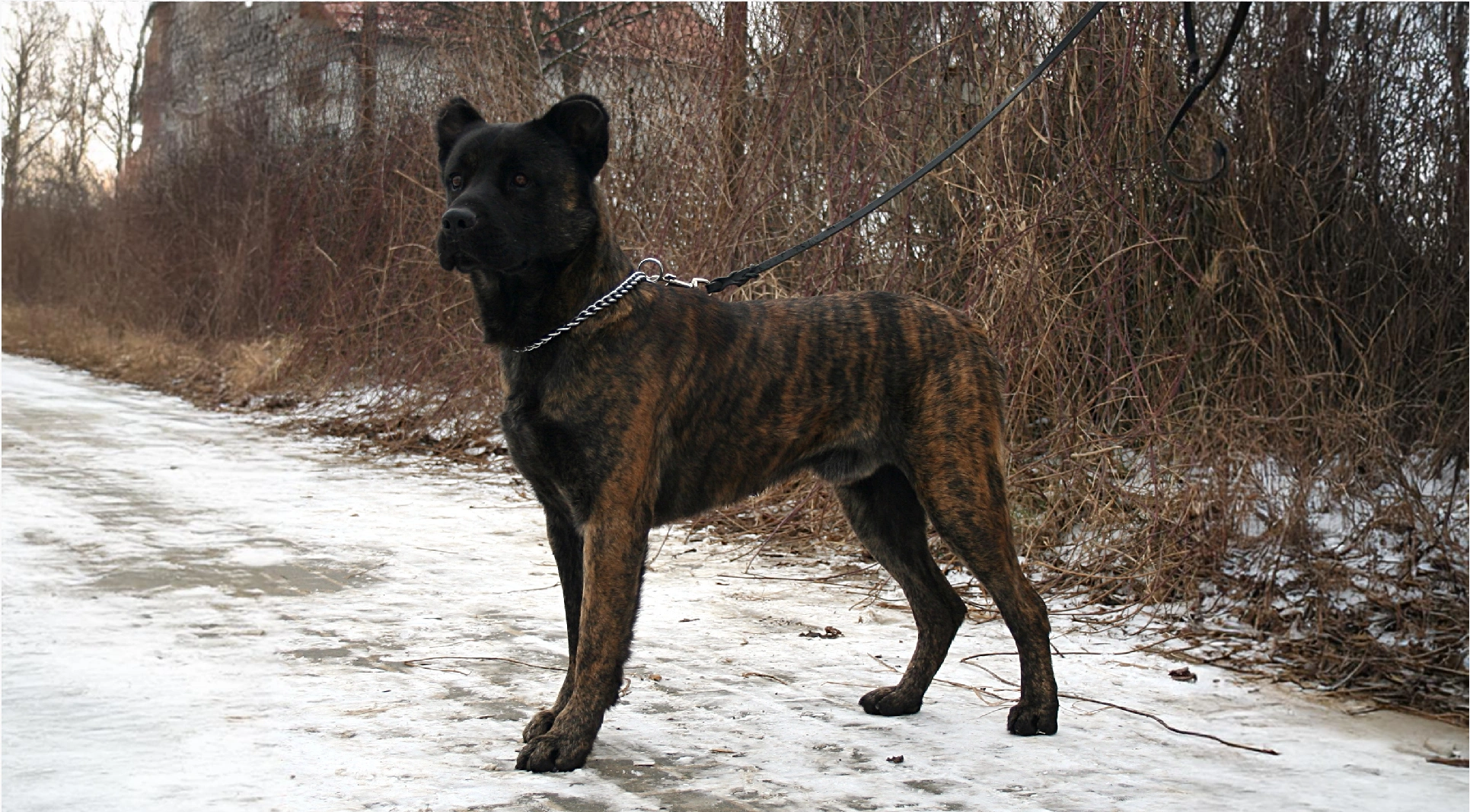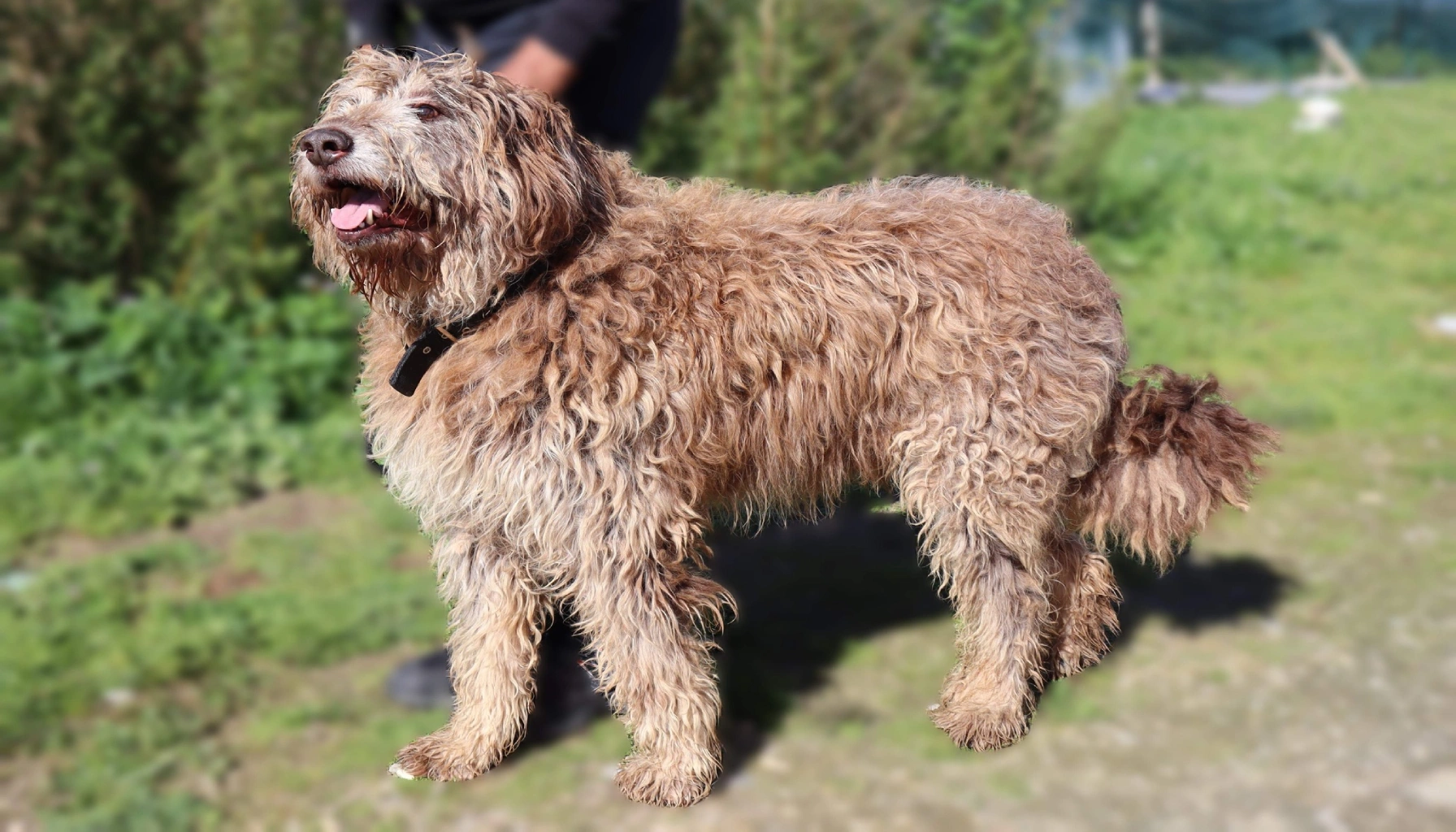Table of Contents
Portuguese Pointer Dog Breed
The Portuguese Pointer, known as “Perdigueiro Português,” is a versatile and affectionate dog breed that has earned a cherished place in many homes worldwide. With its noble demeanor, excellent hunting skills, and loving nature, the Portuguese Pointer stands out as an exemplary companion for both active individuals and families. This breed’s unique characteristics and adaptability make it a popular choice among dog owners looking for a loyal and spirited pet.
History and Origin:

The Portuguese Pointer traces its roots back to the Iberian Peninsula, specifically Portugal, where it has been cherished for centuries. Originally bred as a hunting dog, the Portuguese Pointer has a rich history tied to the nobility and royals of Portugal. Interestingly, this breed played a key role in the development of many other pointer breeds throughout Europe.
The breed’s lineage can be traced to the 12th century, where it was primarily used for falconry and hunting game birds. The Portuguese Pointer’s exceptional scenting ability and keen intelligence made it a valuable asset for hunters. Over time, the breed evolved and adapted to various terrains, showcasing its versatility and robustness.
Physical Characteristics:

The Portuguese Pointer is a medium-sized dog, characterized by its athletic build and poised demeanor. Males typically stand between 20 to 23 inches at the shoulder, while females range from 19 to 22 inches. They generally weigh between 44 to 66 pounds.
The breed’s coat is short, dense, and sleek, providing a glossy appearance. Common coat colors include shades of yellow, ranging from light fawn to deep red, often with white markings on the face, chest, and legs. The breed’s expressive eyes are usually dark and almond-shaped, exuding a sense of intelligence and alertness. One of the distinctive features of the Portuguese Pointer is its strong, muscular neck and well-defined chest, contributing to its powerful and agile movement.
Temperament and Personality:
The Portuguese Pointer is renowned for its friendly and affectionate nature. This breed thrives on human companionship and is known for forming strong bonds with its family members. Their gentle and tolerant disposition makes them excellent playmates for children, and they generally get along well with other pets when properly socialized.
Portuguese Pointers are highly energetic and require regular physical activity to stay happy and healthy. They are intelligent and eager to please, which makes them relatively easy to train. However, they can be somewhat independent and may exhibit a stubborn streak, so consistent and positive reinforcement training methods are recommended.
Health and Lifespan:
The Portuguese Pointer is generally a healthy breed with a lifespan ranging from 12 to 14 years. However, like all breeds, they are prone to certain health issues. Common health concerns for Portuguese Pointers include hip dysplasia, elbow dysplasia, and ear infections due to their floppy ears.
Regular veterinary check-ups, a balanced diet, and appropriate exercise are crucial for maintaining the breed’s health. It’s also important to keep their ears clean and dry to prevent infections. Genetic testing and responsible breeding practices can help minimize the risk of hereditary health issues.
Care and Grooming:
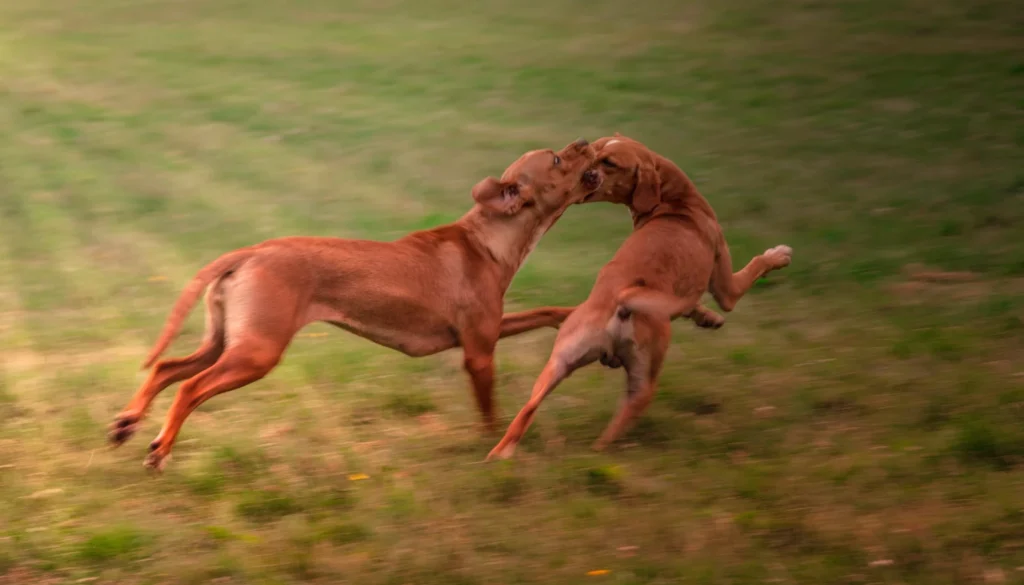
Caring for a Portuguese Pointer involves meeting their physical, mental, and grooming needs. Their short coat is relatively low-maintenance, requiring only weekly brushing to remove loose hair and keep their coat shiny. Bathing should be done as needed, typically every few months or when they become dirty.
Given their high energy levels, Portuguese Pointers need ample daily exercise. Activities such as long walks, jogging, and play sessions in a secure yard are ideal. They also excel in dog sports like agility, obedience, and tracking, which provide both physical and mental stimulation.
Diet is another important aspect of care. A high-quality, balanced dog food that meets their nutritional needs is essential. Portion control and regular feeding schedules can help prevent obesity, which is crucial for their overall health and well-being.
Training and Socialization:
Training a Portuguese Pointer can be a rewarding experience due to their intelligence and eagerness to learn. Early socialization is key to ensuring they develop into well-rounded dogs. Expose them to various environments, people, and other animals from a young age to build their confidence and adaptability.
Positive reinforcement techniques, such as treats, praise, and play, work best for this breed. Consistency and patience are vital, as Portuguese Pointers can sometimes exhibit a stubborn streak. Crate training and basic obedience commands like sit, stay, and recall are important foundational skills.
Due to their hunting background, Portuguese Pointers have a strong prey drive. It’s important to channel this drive through structured activities and training to prevent undesirable behaviors like chasing small animals.
Suitability as a Family Pet:
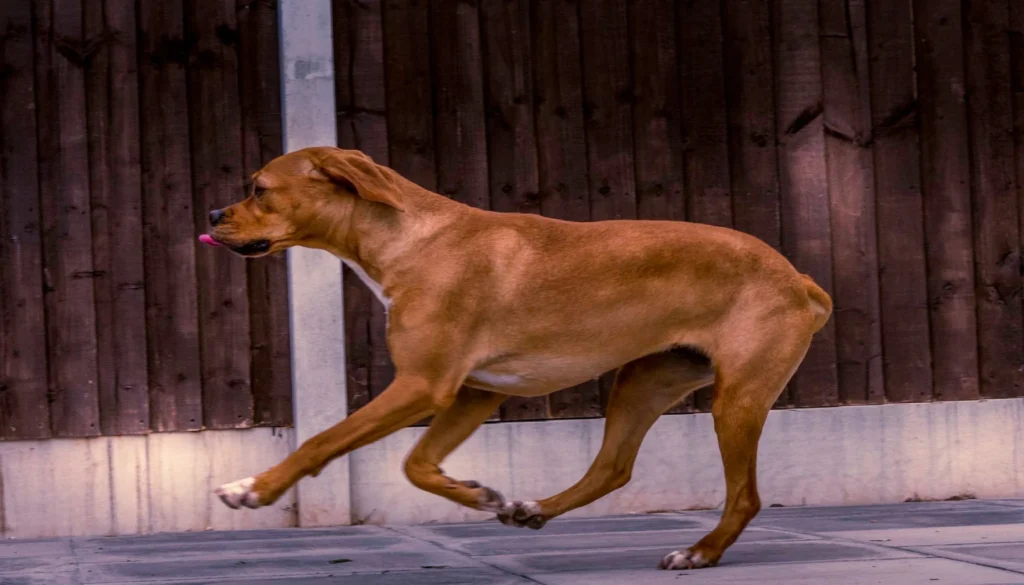
The Portuguese Pointer’s affectionate and gentle nature makes it an excellent choice for families. They thrive in homes where they are an integral part of daily activities and receive ample attention and exercise. Their playful and patient demeanor makes them great companions for children, although supervision is recommended to ensure safe interactions.
While they can adapt to apartment living, Portuguese Pointers are best suited for homes with access to a yard or nearby open spaces where they can run and play. Their high energy levels mean they require a family that can commit to providing regular physical and mental stimulation.
Fun Facts and Trivia:
- The Portuguese Pointer is one of the oldest pointing breeds in the world, with a history dating back to the 12th century.
- This breed played a significant role in the development of the English Pointer.
- Portuguese Pointers have a distinctive “double-suspension gallop,” a unique running style that contributes to their agility and speed.
- They are excellent swimmers and enjoy water activities.
Dog Breeds Similar to Portuguese Pointer Dog:
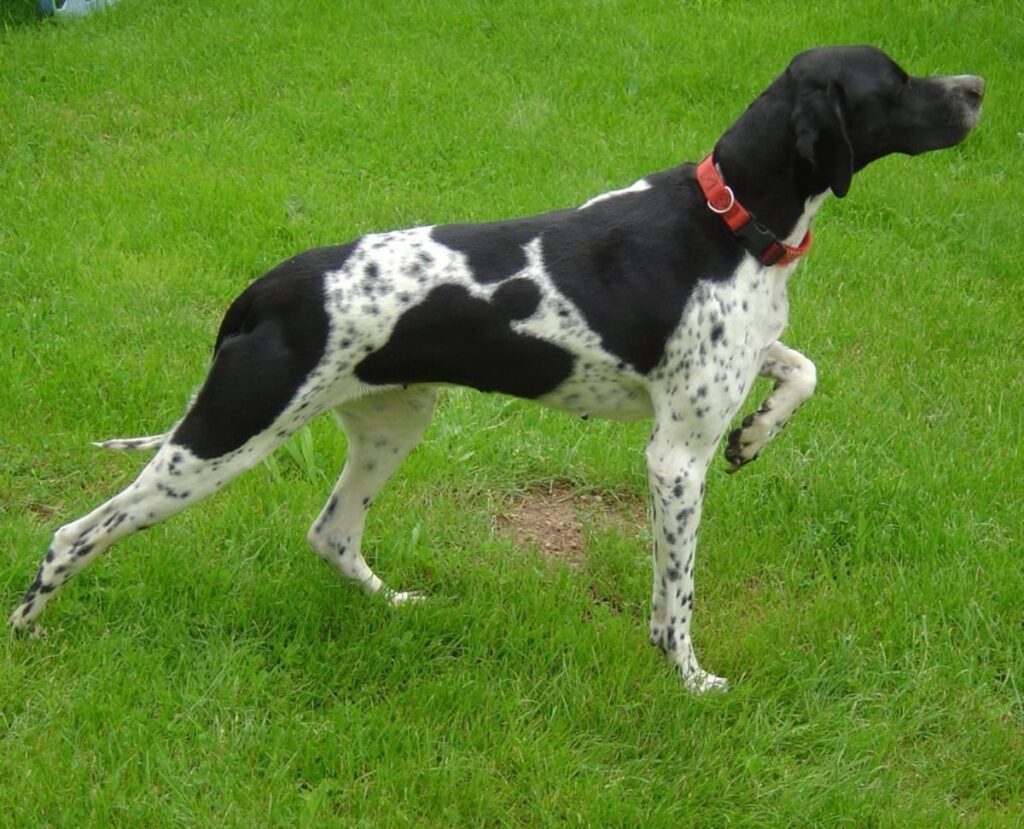
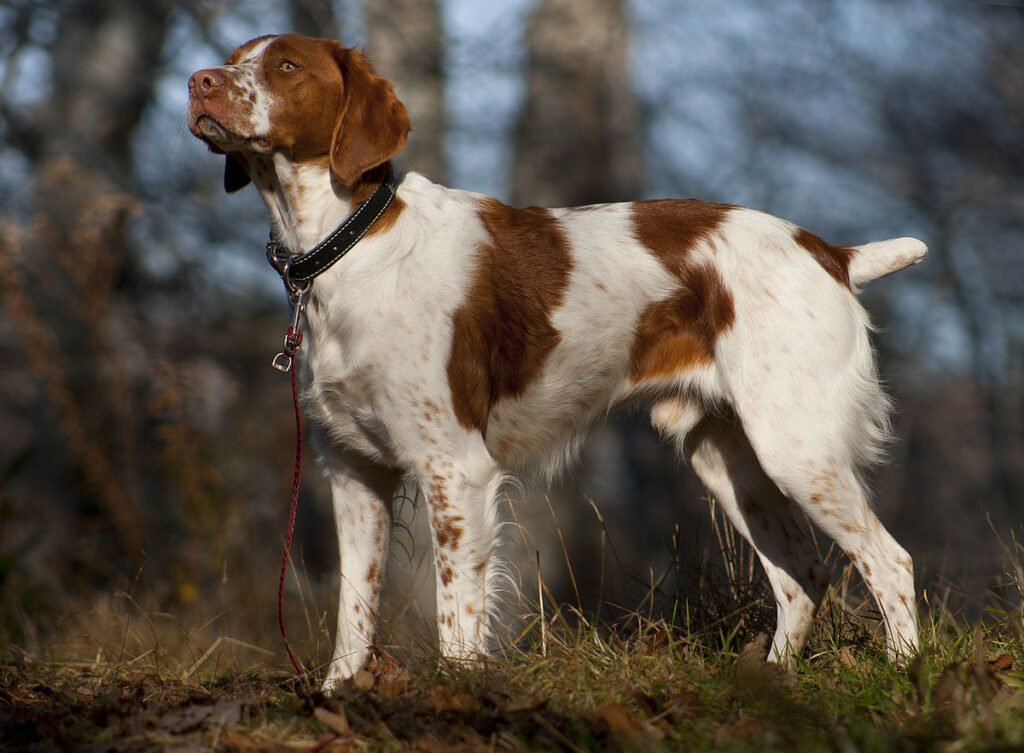
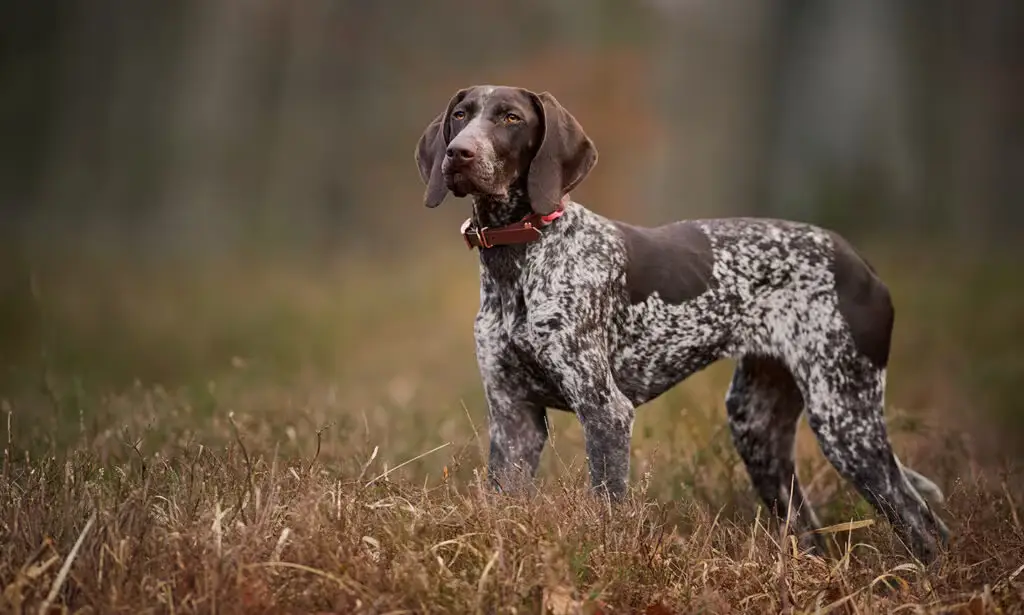
- English Pointer: Known for its athleticism and grace, the English Pointer shares a similar background in hunting and pointing. They are energetic, intelligent, and make excellent companions for active families.
- Brittany Spaniel: The Brittany Spaniel is another versatile hunting breed with a friendly and energetic disposition. They are slightly smaller than Portuguese Pointers but share a similar need for exercise and mental stimulation.
- German Shorthaired Pointer: This breed is renowned for its versatility in hunting and sporting activities. German Shorthaired Pointers are intelligent, energetic, and require an active lifestyle, much like the Portuguese Pointer.
Conclusion:
In summary, the Portuguese Pointer is a remarkable breed with a rich history, distinctive physical characteristics, and a loving temperament. Their intelligence, energy, and loyalty make them excellent companions for active individuals and families. With proper care, training, and socialization, the Portuguese Pointer can thrive in various living environments and bring joy to their owners for many years.
If you’re considering adding a Portuguese Pointer to your family, take the time to research and understand their needs to ensure they are a good fit for your lifestyle. Their affectionate nature and spirited personality make them a delightful addition to any home.
FAQ:
Is the Portuguese Pointer a dangerous dog?
No, the Portuguese Pointer is not considered a dangerous dog. They are known for their friendly and gentle nature, making them excellent companions for families and individuals alike. Proper training and socialization are key to ensuring they are well-behaved and sociable.
Is the Portuguese Pointer the best guard dog to protect you or your family?
Portuguese Pointers are not typically used as guard dogs. While they are alert and may bark to alert their owners of strangers, they are generally friendly and not aggressive. They are better suited as companion dogs rather than protective guard dogs.
